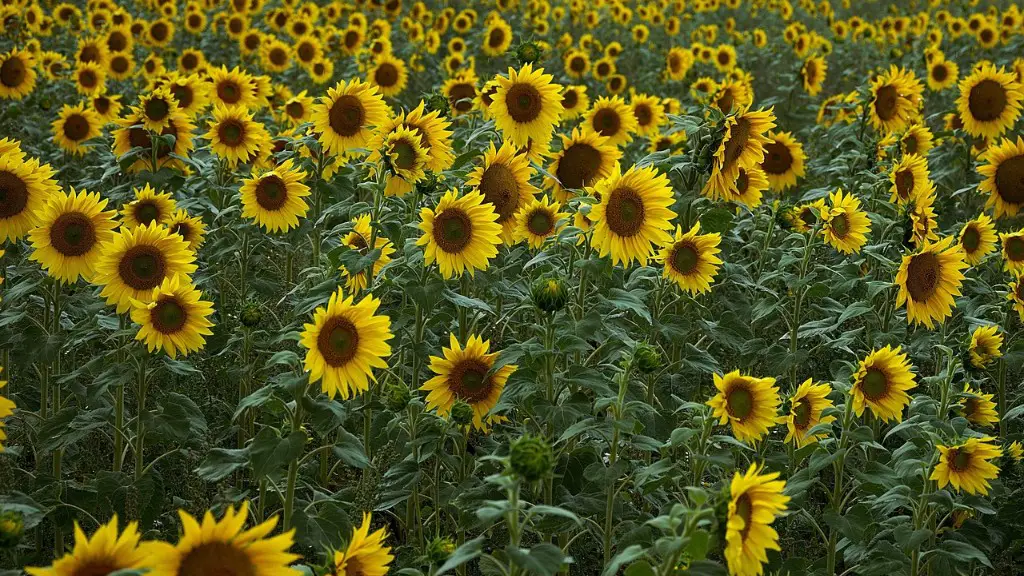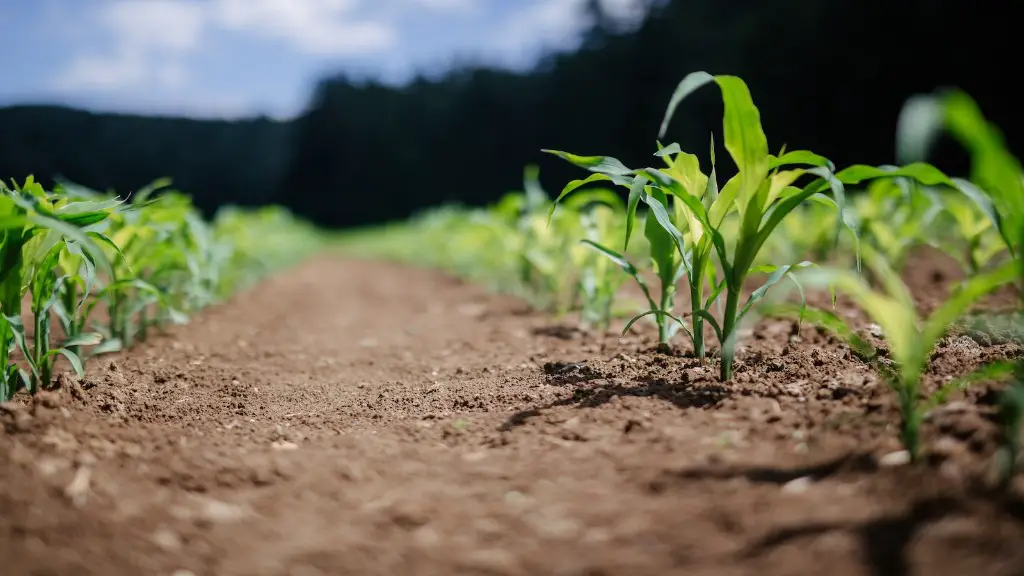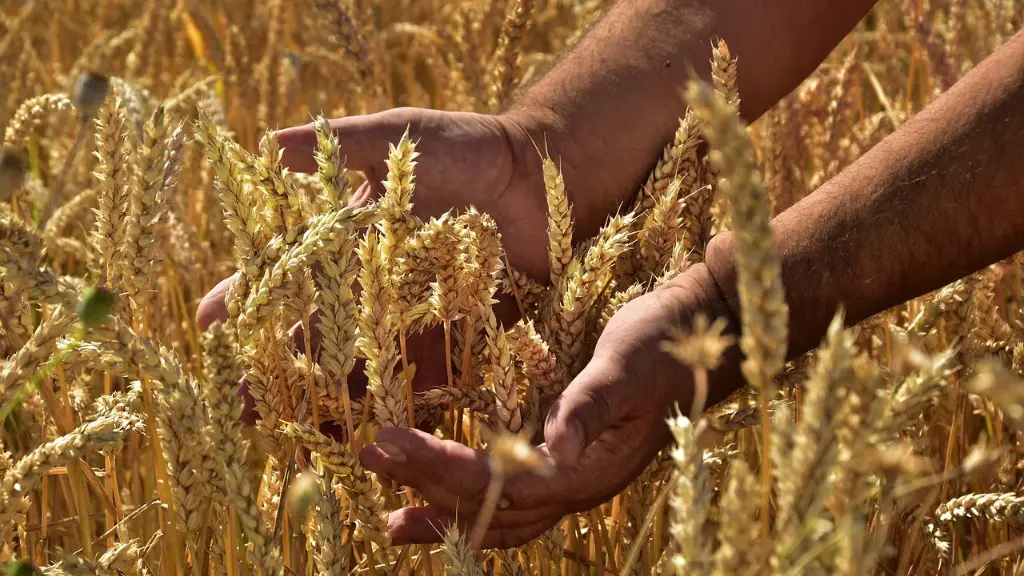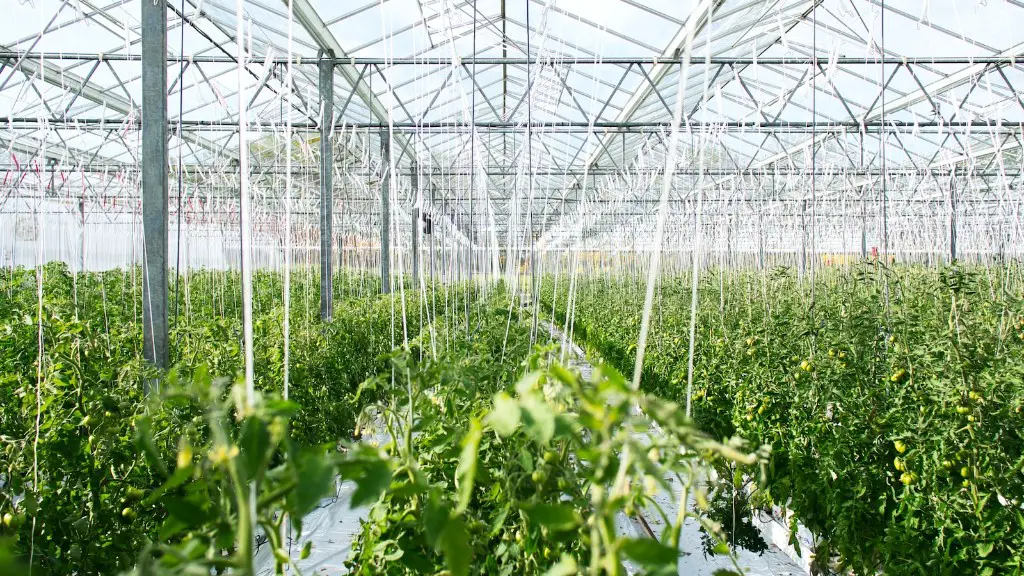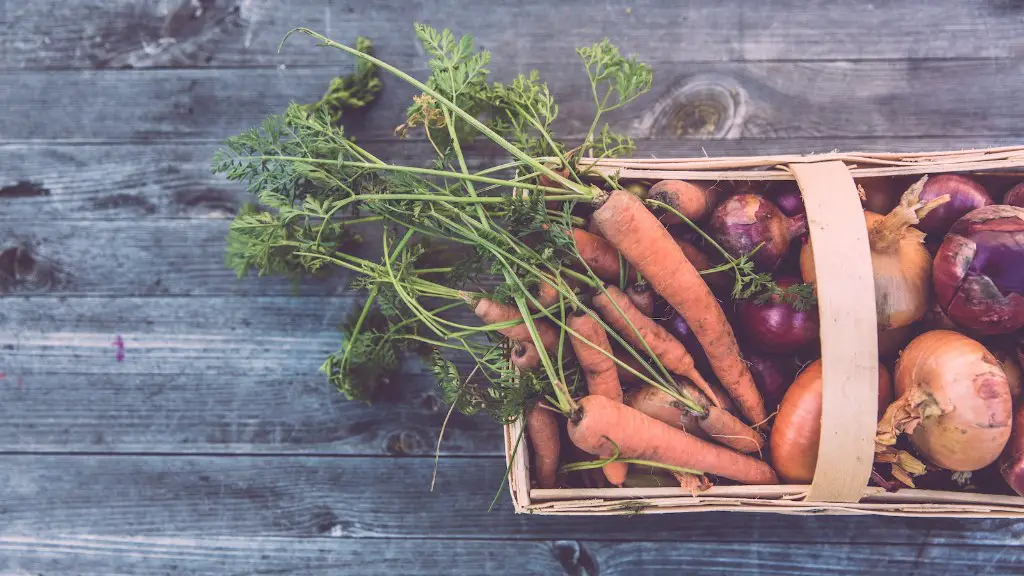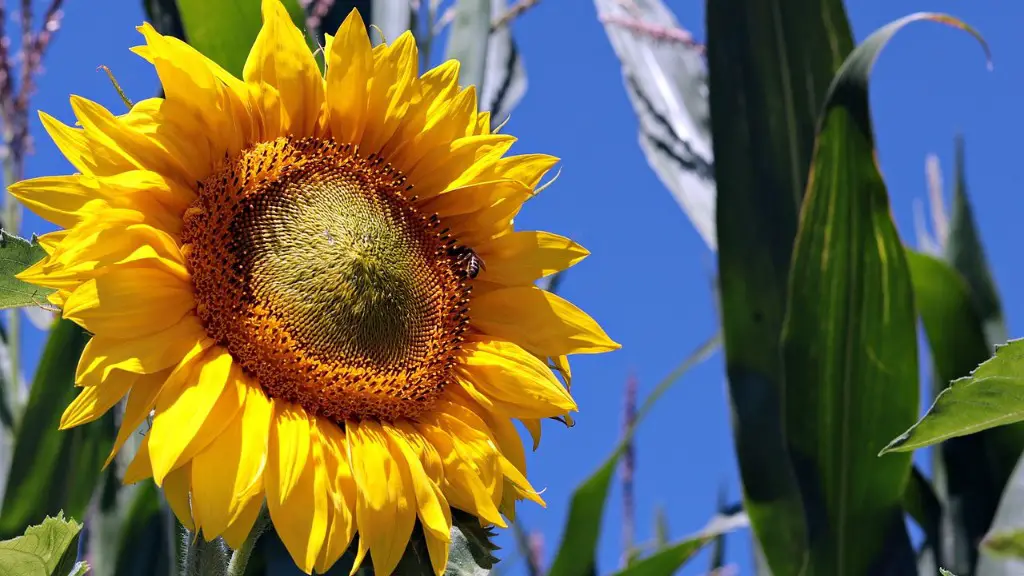Soil plays a vital role in agricultural production. It is the medium in which crops are grown and provides nutrients and water to the plants. The type of soil found in an area can dictate what crops can be grown successfully. Good agricultural practices can help to improve soil health and fertility, which in turn can lead to higher crop yields.
The role of soil in agriculture is to provide a medium for plant growth. Soil is a mixture of organic matter, minerals, and water. It anchor plants roots and holds the plant in place. Soil provides nutrients and minerals to the plant.
What is the role of the soil?
Soil is essential for life on Earth. It acts as a water filter, a growing medium, and a home for billions of organisms. Soil also helps to fight disease by supplying most of the antibiotics used to treat infections.
Soil functions are essential for our survival. They include air quality and composition, temperature regulation, carbon and nutrient cycling, water cycling and quality, natural “waste” (decomposition) treatment and recycling, and habitat for most living things and their food. We rely on these functions for our very survival, and we could not live without them.
What are the 3 main functions of soil
Soil is one of the most important resources on Earth. It is a regulator of water supplies, recycler of raw materials, habitat for soil organisms, and landscaping and engineering medium. Soil also plays a vital role in the global ecosystem by providing a foundation for plant growth, filtering water, and moderating the Earth’s temperature.
Soil is essential for ecosystem functioning and services, including nutrient cycling, C storage and turnover, water maintenance, soil structure arrangement, regulation of aboveground diversity, biotic regulation, buffering, and the transformation of potentially harmful elements and compounds (eg, heavy metals and pesticides; Haygarth and Ritz, 2003; Loreau et al., 2001).
What is the most important role of soil?
Healthy soils are essential for many things, including healthy plant growth, human nutrition, and water filtration. Soil helps to regulate the Earth’s climate and stores more carbon than all of the world’s forests combined. Having healthy soils is therefore critical for maintaining a healthy environment.
The soil is an important natural resource that supports plant growth and production. It serves as a physical support and protective environment for plant roots, and provides a reservoir of available water and nutrients for plant growth. The soil functions as a medium to support the plants that we use to produce food, fiber, and bio-energy materials.
What are the 5 most important uses of soil?
Soil is one of the most important natural resources we have. It is used for various purposes such as agriculture, construction, religious ceremonies, and manufacturing.
Soil provides vital nutrients for plants to grow and develop. It is also used to make ceramic articles and some beauty products. Wastewater treatment plants often use soil to purify water.
We need to take care of our soil to ensure that it can continue to provide us with these valuable services.
A healthy soil is essential to the health of our ecosystems and the plants and animals that rely on them. Soil provides nutrients, water and minerals to plants and trees, stores carbon and is home to billions of insects, small animals, bacteria and many other micro-organisms.
Soil health is essential to the health of our planet and the plants and animals that live on it. We need to do everything we can to protect and nurture our soils, so that they can continue to support life for generations to come.
What is soil and why is it important
Soil is essential for food security, water purification, flood protection, and combating drought. It is also key to tackling climate change, as it captures and stores vast amounts of carbon.
Soil functions are important for sustaining life on Earth. They provide support for plants, regulate water and climate, filter pollutants, and recycle nutrients. They also store carbon and help to regulate the global climate.
Which soil is most important for agriculture?
Loamy-textured soils are commonly described as medium textured with functionally-equal contributions of sand, silt, and clay. These medium-textured soils are often considered ideal for agriculture as they are easily cultivated by farmers and can be highly productive for crop growth.
Soil compaction, topsoil removal, and erosion are all problems that can occur when the wrong type of soil is used in a landscape. Evaluating your soil and making necessary adjustments and improvements prior to planting will save you time and money and result in a healthier landscape.
What is the best agricultural soil and why
The ideal blend of soil for plant growth is called loam. Often referred to as topsoil or black dirt by landscape companies, loam is a mixture of sand, clay, and silt. The estimated mixture is 40% sand – 40% silt – 20% clay.
Soil conservation is a “combination” of practices used to protect the soil from degradation. First and foremost, soil conservation involves treating the soil as a living ecosystem, and recognizing that all the organisms that make the soil their home, play important roles in producing a fertile healthy environment. Farmers have always been at the forefront of soil conservation efforts, implementing practices like crop rotation and contour plowing to minimize soil erosion. More recently, the government has gotten involved in promoting soil conservation, establishing programs like the Conservation Reserve Program, which pays farmers to set aside land that is especially vulnerable to erosion.
Why is soil conservation important to farmers?
Soil is essential to food production, crops need soil to grow, and farm animals need vegetation for feed. Conserving soil can help address food insecurity and promote healthy communities.
Soil reaction refers to the degree of acidity or alkalinity in the soil. This is important because it affects nutrient availability, microbial activity and plant growth. Reaction also determines what plants will grow well in an area.
What is the importance of soil in agriculture Wikipedia
Soils play a vital role in the growth and development of plants and animals. They offer physical support, air, water, temperature moderation, nutrients, and protection from toxins. Soils also help to recycle organic matter and convert it into various nutrient forms that are readily available to plants and animals.
The soil is essential for life on Earth. It provides an environment for plants (including food crops and timber wood) to grow in, by anchoring roots and storing nutrients. It filters and cleans our water and helps prevent natural hazards such as flooding. It contains immense levels of biodiversity. Soil is a non-renewable resource and its quality is deteriorating worldwide due to deforestation, intensive agriculture, pollution and urbanization. We must protect and conserve this vital resource for the future of our planet.
Conclusion
Soil is one of the most important resources for agriculture. It is the foundation for crops, providing them with the nutrients and water they need to grow. Soil also helps to anchor plants in place, prevents erosion, and provides a home for important soil organisms.
Without soil, there would be no agriculture. Soil is responsible for providing the foundation and support for crops, as well as anchoring plants in place. In addition, soil is a key player in providing nutrients and moisture to plants. It also moderates temperature,filters water, and even helps control pests. All of these factors contribute to healthy plant growth and a successful harvest.
